Help Centre – Safety & Maintenance.
Read through our FAQs – if you still can’t find what you’re looking for, our friendly team are more than happy to help.
What are the signs that my gas mixer needs maintenance?
We suggest inspecting the gas mixer shortly after it is installed, and then once a year after that to ensure only clean and dry gases are being used. To verify its operation, you can compare it to the as-made test certificate that accompanies the mixer.
Why is gas mixer maintenance so important?
A BSL gas mixer is built to last but still needs some maintenance. Despite being durable, gases at certain pressures can cause rubber components to deteriorate.
How can I safely perform maintenance on my gas mixer?
We provide Work Instructions that outline how to perform certain tasks, but it is always best to undertake a risk assessment before attempting any maintenance work on a gas mixing panel. This ensures a safe method of working for all those involves, and we are happy to assist you if you have any doubts or questions.
What safety precautions should I take when using gas mixing equipment?
Gas mixing systems operate at high pressures, which can be dangerous if not handled responsibly and with proper guidance.
How can I keep my gas mixer running smoothly?
To keep your gas mixer running smoothly and extend its lifespan, regular maintenance is key. Here are a few tips for maintaining your gas mixer…
Is it necessary to calibrate my gas mixer regularly?
Calibration of your gas mixer is only necessary if you want to modify it or if you’ve encountered issues with the quality of your gas supply.
How can I troubleshoot issues with my gas mixing system?
When you receive your gas mixing system, you will also receive a detailed instruction manual, a test certificate for your gas mixer and a warranty statement.
What happens if I lose a supply gas to my BSL mixing panel?
Our pressure mechanical system diligently monitors all gas supplies. If one of the gas supplies is absent, the mixer will cease to pass any gas, ensuring safety and control.
Which gases are the cleanest and which are the dirtiest?
Industrial gases are usually clean when they are produced. The cleanest gases are often the rarest and hardest to obtain. However, various processes are implemented to ensure their cleanliness and purity from the start.
Which gases are the most dangerous to handle?
All gases, regardless of their perceived harmlessness, need to be handled with care. Each gas should be carefully assessed based on its specific characteristics, as well as the pressures, conditions and spaces in which it is being used.
